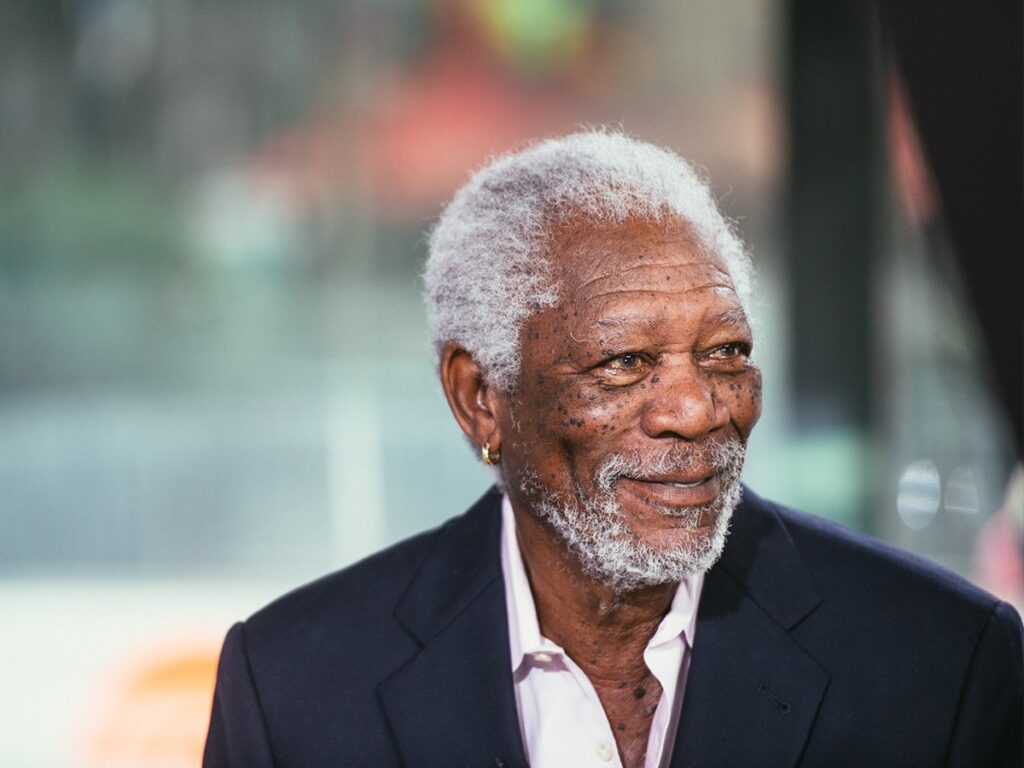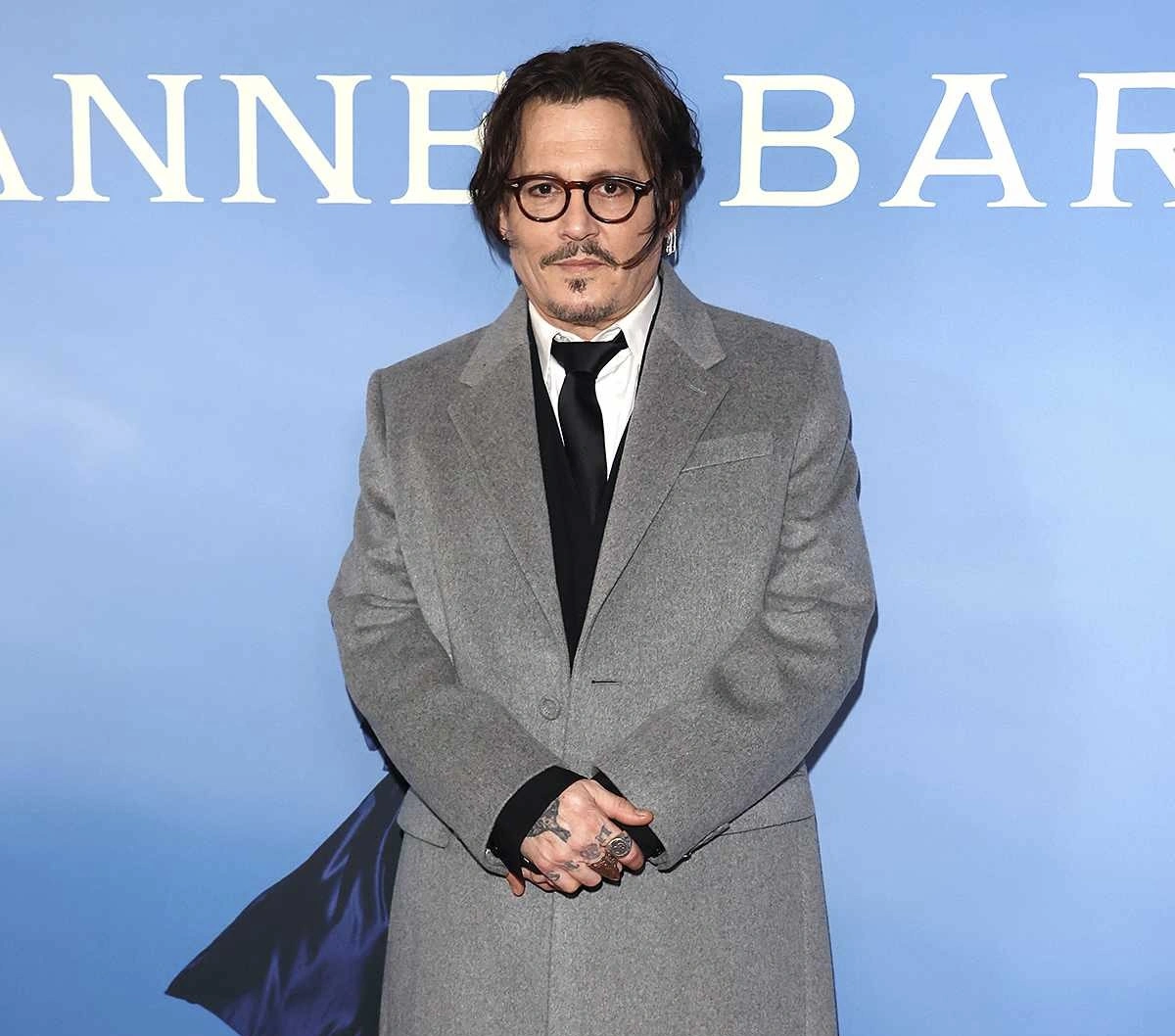Morgan Freeman is synonymous with wisdom, gravitas, and an unmistakable voice that resonates deeply with audiences. Over his illustrious career spanning several decades, he has played a myriad of characters, from the steadfast Ellis Redding in The Shawshank Redemption to the almighty God in Bruce Almighty and its sequel. But even an actor of his stature has unrealized dreams—characters he has yet to embody but deeply yearns to. In various interviews, Freeman has hinted at roles he’s dreamed of playing, often citing their complexity, historical significance, or potential to challenge his craft. Among those, one dream role stands out as a challenge Freeman feels compelled to pursue: portraying the life of a historically significant figure whose story is yet untold on the big screen.
Here we focus on Freeman’s philosophy on acting, why certain roles remain out of reach even for legends, and what this “dream role” might mean for him and cinema. From the cultural resonance of his past performances to the potential of him stepping into such a transformative role, we’ll explore why Freeman believes this character deserves the spotlight and what it would take to make it happen.
Freeman’s Philosophy on Acting
For Freeman, acting has always been about truth. He has famously said that “acting is about finding truth in imaginary circumstances.” This ethos is evident in the choices he has made throughout his career. Even in roles that could easily fall into stereotype, Freeman brings nuance and authenticity, elevating the material with his quiet intensity and profound humanity.
Freeman doesn’t just play characters; he inhabits them. Whether it’s the measured dignity of Nelson Mandela in Invictus or the philosophical musings of Red in The Shawshank Redemption, he connects with audiences on a level few actors can. His dream role, therefore, isn’t likely to be a simple character or one-dimensional archetype. It’s something that would allow him to dig deep into the human experience—a character that resonates with history, moral complexity, or a groundbreaking narrative.
The Dream Role Freeman Yearns For
In an interview several years ago, Freeman expressed a desire to portray a historical figure whose story remains largely untold in mainstream cinema. While he didn’t name this character outright, he hinted at wanting to play a person of great intellect, leadership, or social significance—someone who reshaped their world but has yet to receive proper cinematic treatment.
Two possibilities emerge when reflecting on Freeman’s comments. One is Marcus Garvey, the Jamaican political leader who spearheaded the Pan-African movement and founded the Universal Negro Improvement Association (UNIA). Garvey’s story is one of ambition, empowerment, and controversy—a rich tapestry for an actor like Freeman to explore.
The other possibility is Frederick Douglass, the abolitionist, writer, and orator whose autobiography, Narrative of the Life of Frederick Douglass, is one of the most compelling accounts of slavery and emancipation in American history. Douglass’s life was marked by extraordinary resilience, intellectual prowess, and a relentless pursuit of justice—qualities that align perfectly with Freeman’s on-screen persona.
Freeman has often lamented the lack of films that explore the broader spectrum of Black history and the stories of those who changed the world against impossible odds. He has said, “We need more of our stories told—honestly, powerfully, without compromise.”
Why This Role Has Eluded Him
Even for an actor as revered as Freeman, getting a dream project off the ground is no small feat. Historical biopics, particularly those focusing on underrepresented figures, face several challenges. Funding is a significant hurdle; studios often shy away from projects they deem “risky,” especially if they involve lesser-known historical figures.
Another challenge is the sheer weight of the material. Portraying a figure like Marcus Garvey or Frederick Douglass requires not just an exceptional performance but also a team of writers, directors, and producers who understand the character’s significance and are committed to doing their story justice. Freeman has alluded to this in past interviews, stating, “I should do it if I can interest the right people.”
This statement reveals his understanding of the collaborative nature of filmmaking. While Freeman might be the face of such a project, its success would depend on the passion and expertise of an entire creative team.
The Cultural Impression of Freeman Taking on This Role
Freeman’s involvement in a biopic about Garvey, Douglass, or a similarly significant figure would carry immense cultural weight. His name alone commands respect, and his portrayal would undoubtedly bring visibility to a story that deserves to be told.
Beyond the immediate stance of the performance, such a film would contribute to the broader cultural dialogue about representation in media. Freeman has long been an advocate for diversity in storytelling, and this project would align with his mission to bring underrepresented narratives to the forefront.
Moreover, Freeman’s portrayal could inspire a new generation to learn about these figures, much like Denzel Washington’s performance in Malcolm X did for Malcolm X’s legacy. The film would have the potential to become not just a piece of entertainment but an educational tool—a way to keep these stories alive for future audiences.
What It Would Take to Make It Happen
For this dream role to become a reality, several factors need to align. First and foremost, there must be a compelling script. Freeman has emphasized the importance of a strong narrative, saying, “The script is the foundation. Without it, you’ve got nothing.”
Finding the right director would also be crucial. A filmmaker with a clear vision and an understanding of the story’s historical and emotional depth would be essential. Potential candidates might include Ava DuVernay, whose work on Selma demonstrated her ability to bring historical figures to life, or Steve McQueen, known for his unflinching storytelling in films like 12 Years a Slave.
Lastly, the project would need backing from a studio or independent financiers willing to take a chance on a story that, while deeply important, might not have the immediate box-office appeal of a blockbuster.
Freeman’s Legacy and Why This Role Matters
At 87 years old, Freeman’s legacy is already secure. He has won an Academy Award, earned countless accolades, and become one of the most respected actors of his generation. Yet, his desire to play this dream role speaks to his unyielding passion for storytelling and his commitment to using his platform to amplify important voices.
For Freeman, this isn’t just about adding another feather to his cap. It’s about fulfilling a lifelong ambition and contributing something meaningful to the cultural landscape. As he once said, “I don’t want to just entertain; I want to make people think, to make them feel, to make them see the world differently.”
Impression
Morgan Freeman’s dream role remains a tantalizing possibility—a character waiting to be brought to life by one of the greatest actors of our time. Whether it’s Marcus Garvey, Frederick Douglass, or another figure of similar stature, Freeman’s commitment to this project underscores his belief in the power of storytelling to educate, inspire, and provoke change.
As audiences, we can only hope that the “right people” take an interest in this project and that Freeman gets the opportunity to realize his vision. Because when Morgan Freeman says he wants to do something, it’s not just a dream—it’s a call to action, an opportunity to witness greatness once again.
No comments yet.








